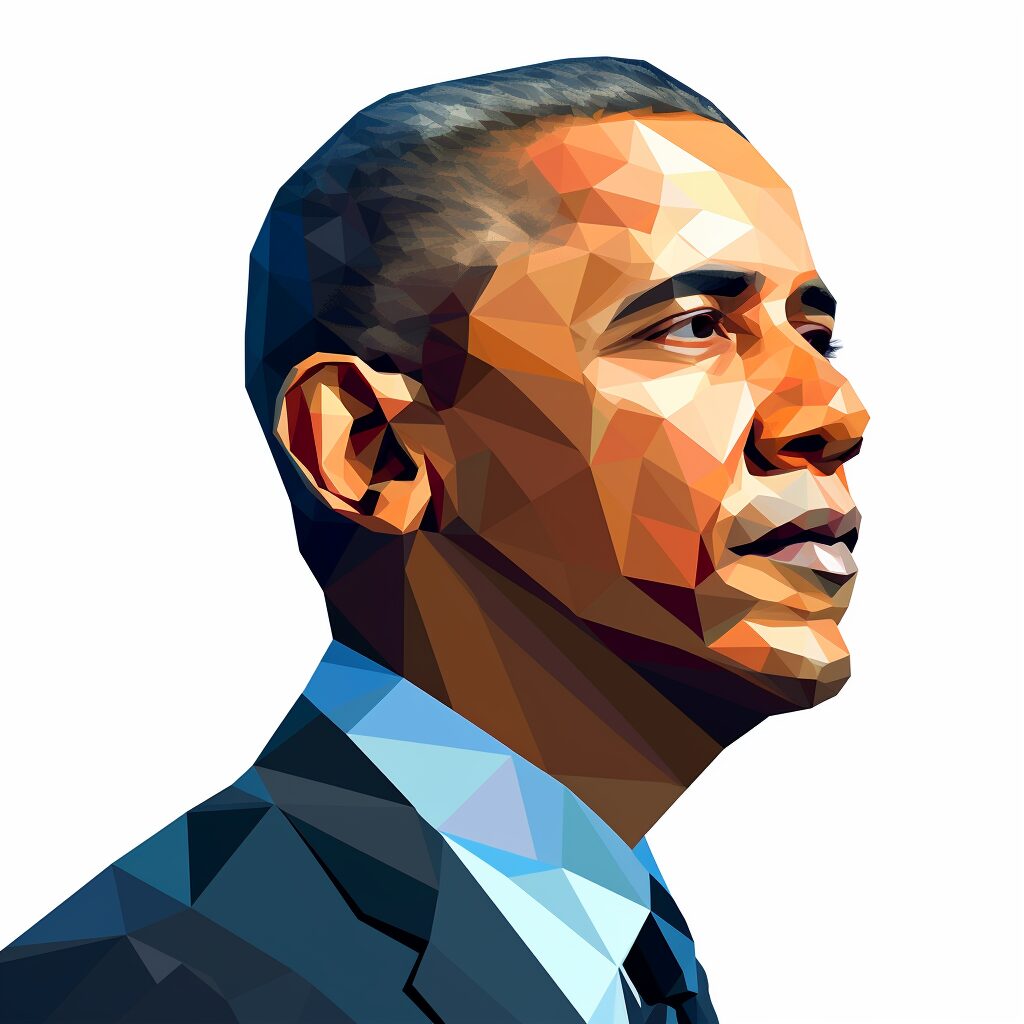'Nazi' Quotes
Nazi Quotes, also known as Nazi propaganda, were a key tool used by the Nazi party in Germany during the 1930s and 1940s. These quotes were carefully crafted to spread the ideology of the Nazi party and promote their beliefs of racial superiority and anti-Semitism. They were used to manipulate and c…Read More
Nazi Quotes, also known as Nazi propaganda, were a key tool used by the Nazi party in Germany during the 1930s and 1940s. These quotes were carefully crafted to spread the ideology of the Nazi party and promote their beliefs of racial superiority and anti-Semitism. They were used to manipulate and control the masses, ultimately leading to the rise of Adolf Hitler and the atrocities of the Holocaust. Despite the horrific nature of these quotes, they continue to hold significance today, serving as a reminder of the dangers of hate and the power of propaganda. They have also been used by individuals and groups to justify their own discriminatory beliefs and actions, making it crucial to understand and confront their impact on society.Read Less
Nazi Quotes, also known as Nazi propaganda, were a key tool used by the Nazi party in Germany during the 1930s and 1940s. These quotes were carefully crafted to spread the ideology of the Nazi party and promote their beliefs of racial superiority and anti-Semitism. They were used to manipulate and control the masses, ultimately leading to the rise of Adolf Hitler and the atrocities of the Holocaust. Despite the horrific nature of these quotes, they continue to hold significance today, serving as a reminder of the dangers of hate and the power of propaganda. They have also been used by individuals and groups to justify their own discriminatory beliefs and actions, making it crucial to understand and confront their impact on society.
10 Notorious 'Nazi' Quotations and Sayings
Nazi – Symbolic Value
The term “Nazi” is often used as a symbol of hate, violence, and oppression. It is a term that evokes strong emotions and carries a heavy weight in our collective consciousness. The word itself is derived from the German abbreviation for the National Socialist German Workers’ Party, which was led by Adolf Hitler during World War II. However, the term has taken on a much broader and deeper meaning over the years, becoming a powerful symbol of the darkest aspects of human nature.
Nazi – Cultural and Historical Significance
The rise of the Nazi party and their subsequent reign of terror during World War II has had a profound impact on world history and culture. The atrocities committed by the Nazis, including the Holocaust, have left a lasting scar on humanity. The term “Nazi” has become synonymous with the horrors of war, genocide, and totalitarianism. It has also become a cautionary tale of the dangers of unchecked power and the consequences of blind obedience to authority.
Nazi – Common Themes in Motivational Contexts
In recent years, the term “Nazi” has been used in various motivational contexts, often to evoke a sense of fear or to vilify a particular group or individual. This usage of the term is often seen in political discourse, where it is used to discredit opponents or to rally support for a particular cause. The term has also been used in popular culture, such as in movies and video games, to depict villains and evoke a sense of danger and evil.
Nazi – Portrayal in Art and Media
The Nazi regime and its symbols have been a popular subject in art and media, both during and after World War II. The swastika, the symbol of the Nazi party, has been used in various forms of art, from propaganda posters to contemporary art installations. The use of Nazi imagery in media has sparked controversy and debate, with some arguing that it is a necessary reminder of the atrocities committed by the regime, while others argue that it glorifies and normalizes the ideology.
Nazi – Impact on Understanding of Life and Society
The concept of “Nazi” has had a profound impact on our understanding of life and society. The horrors of the Holocaust have forced us to confront the darkest aspects of human nature and the consequences of blind obedience to authority. The term has also become a symbol of the dangers of extremism and the importance of standing up against injustice and oppression. It serves as a reminder of the fragility of democracy and the need to constantly guard against the rise of totalitarian regimes.In conclusion, the term “Nazi” holds a powerful symbolic value, representing the darkest aspects of human nature and the consequences of unchecked power. Its cultural and historical significance, as well as its portrayal in art and media, have shaped our understanding of life and society. While its usage in motivational contexts may be controversial, it serves as a reminder of the atrocities committed by the Nazi regime and the importance of standing up against hate and oppression. As we continue to grapple with the legacy of the Nazi party, it is crucial to remember the lessons of the past and strive towards a more just and peaceful future.












